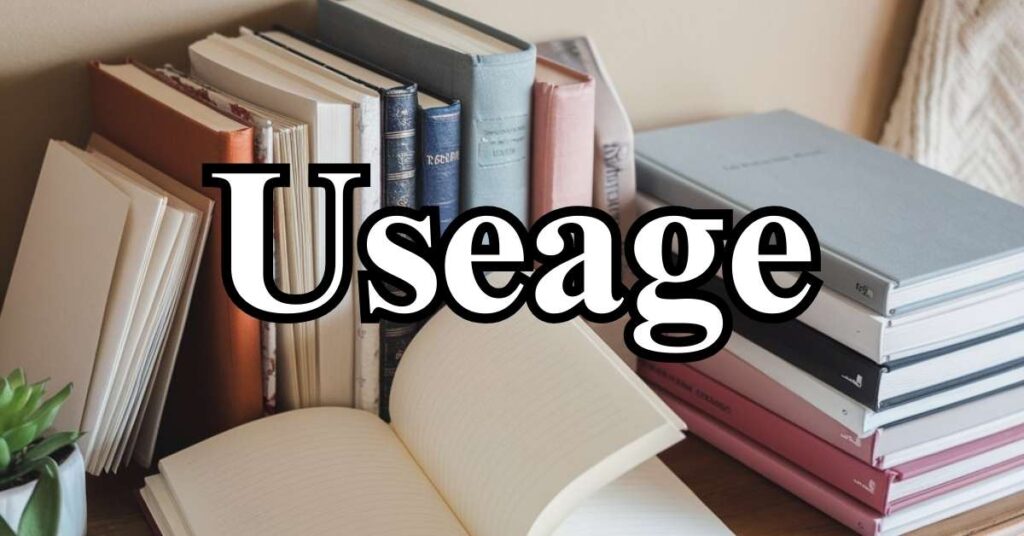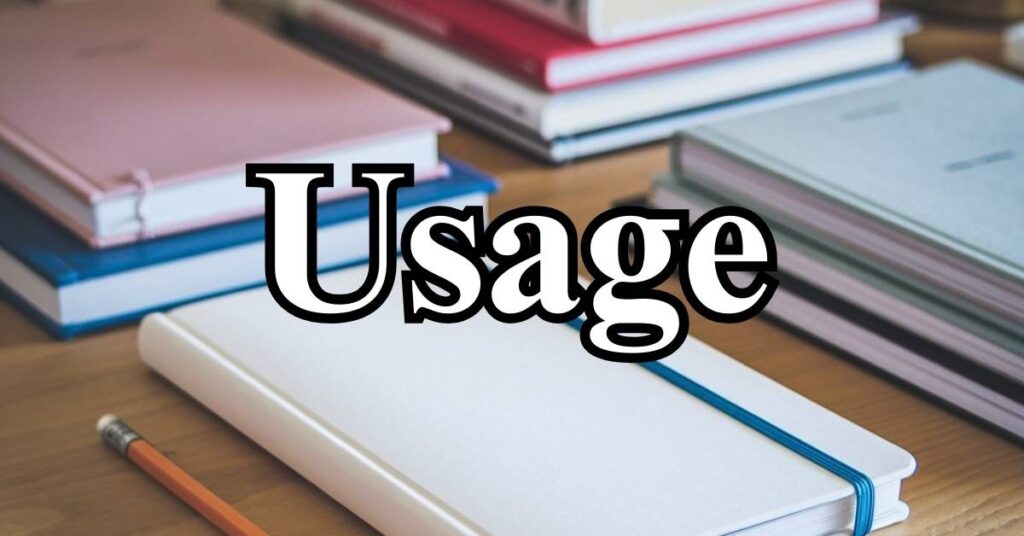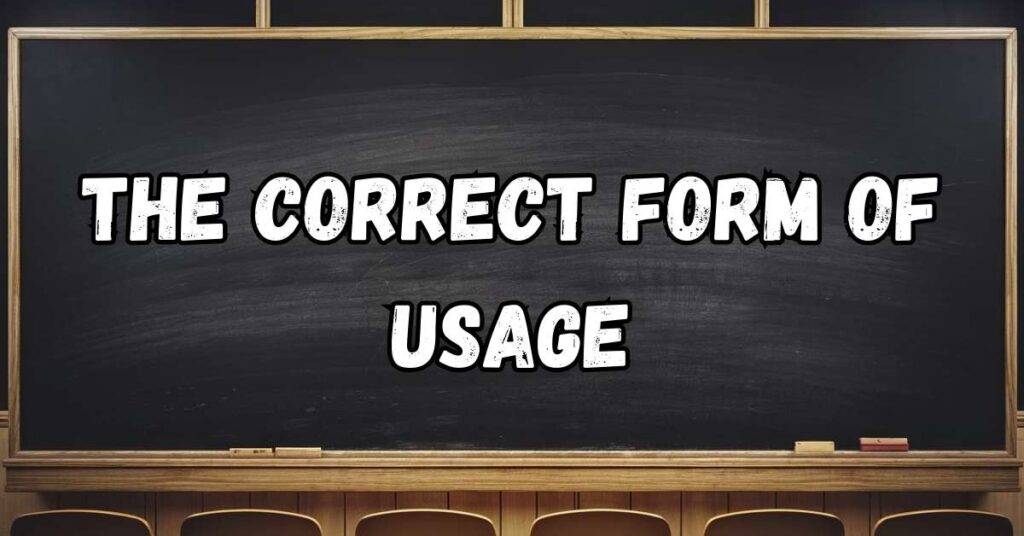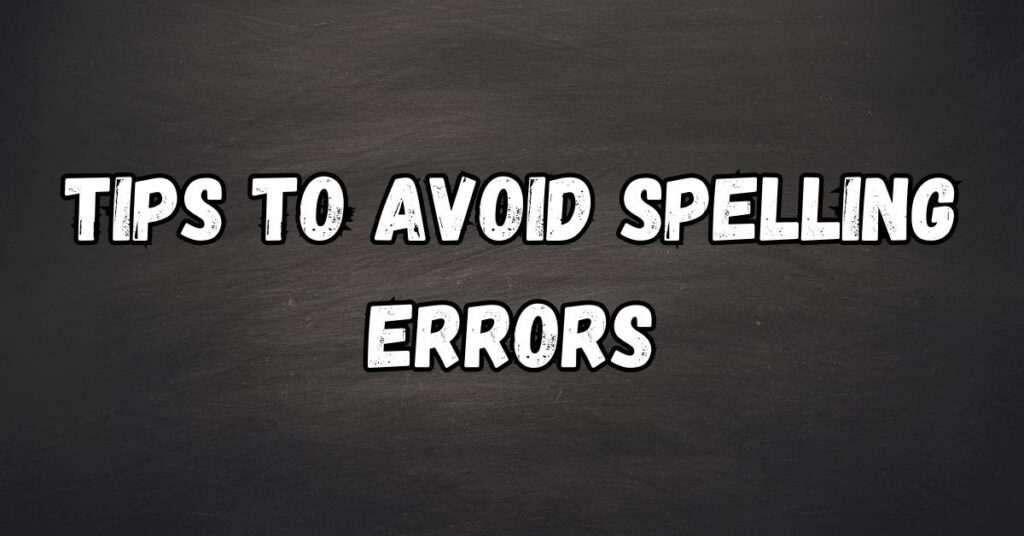Usage or Useage can often confuse writers and speakers alike, leading to common errors in both casual and formal communication. Understanding the difference between these two terms is crucial for anyone aiming to enhance their communication skills and maintain linguistic accuracy.
While “usage” is the correct form, referring to how words are employed in language, “useage” is merely a misspelling that lacks any recognized meaning.
This article will delve into the definitions, historical context, and practical applications of “usage,” while also highlighting the importance of adhering to proper writing standards. By clarifying this distinction, you can improve your writing clarity and avoid typical pitfalls in your written communication.
Quick Summary
At its core, the difference between “usage” and “useage” boils down to a simple fact: “useage” is a misspelling of “usage.” The correct spelling is “usage,” which refers to how words are used in language.
This term is crucial in discussions about linguistic accuracy and word usage. Many people mistakenly write “useage,” believing it to be an acceptable variation. However, this is not true. Understanding this distinction is vital for effective communication, especially in professional communication like emails or reports.
Understanding Usage or Useage

To grasp the difference between “usage” and “useage,” we need to define both terms clearly. Usage refers to the way in which words and phrases are used in speech or writing. It encompasses aspects like syntax, grammar rules, and context.
On the other hand, useage has no recognized meaning in English; it is simply an incorrect form that many people mistakenly use due to phonetic similarities. This confusion can lead to writing mistakes that undermine one’s credibility in both casual conversation and formal documents.
History of Usage
The word “usage” originates from the Medieval Latin term ūsāticum, combining the Latin ūs(us) (use) and the suffix -āticum (-age).
First recorded in Middle English between 1250 and 1300, its meaning has consistently focused on how language is applied in various contexts, highlighting the evolution and standardization of terms.
Useage: Definition and Usage

As mentioned earlier, “useage” is not a recognized word in English. Therefore, it does not have a valid definition or context for usage. People often mistakenly write it when they mean “usage.”
This error can occur due to phonetic confusion—people hear the word pronounced but do not know how to spell it correctly. To maintain writing accuracy, it’s crucial to remember that useage should never be used in any context.
Useage Meaning and Common Uses
Since “useage” is incorrect, it has no legitimate meaning or common uses. However, understanding where people often misuse this term can help you avoid making similar errors.
For example, someone might say, “The useage of this term is outdated,” when they should say “The usage of this term is outdated.” Recognizing these patterns can enhance your communication skills and ensure that you adhere to proper language rules.
Usage: Definition and Usage

In contrast, “usage” has a clear definition: it refers to the manner in which words are utilized within a language. This includes grammar rules, pronunciation, and even regional variations that affect how language is spoken or written.
For instance, in American English, certain words may have different usages compared to British English. Understanding these nuances is essential for achieving clarity in writing and effective communication.
Usage Meaning and Common Uses
The term “usage” finds application across various fields including linguistics, education, and professional writing. It describes how language evolves over time and adapts to new contexts.
For example, technological advancements have introduced new terms into our vocabulary; thus, our understanding of usage must also evolve with these changes. In everyday conversation or academic writing, being aware of proper usage helps maintain clarity and precision.
Word Forms of Usage
The word “usage” can take on different forms depending on its grammatical role in a sentence. Related forms include “using,” “used,” and “user.” Each form serves a specific purpose within sentence structure. For example:
- Using: The act of employing something.
- Used: The past tense indicating something was employed.
- User: A person who utilizes something.
By recognizing these forms, you can enhance your writing skills and ensure your sentences are both clear and accurate.
Synonyms of Usage
When discussing usage, it’s helpful to know synonyms that convey similar meanings:
- Application
- Employment
- Utilization
- Practice
- Custom
- Convention
- Habit
- Procedure
- Method
- Routine
These synonyms can enrich your vocabulary and provide alternatives when discussing language use.
Usage as a Noun
“Usage” functions solely as a noun in English grammar. It describes the action or manner of using something rather than serving as an adjective or verb form.
This distinction reinforces its role within sentence structure as a term that conveys specific meanings related to language application.
Side by Side Comparison
To clarify further, here’s a side-by-side comparison:
| Aspect | Useage | Usage |
| Part of Speech | Incorrect | Noun |
| Meaning | Misspelling | Customary practice |
| Context | Rarely used | Widely accepted |
This table illustrates that while “usage” holds significant value in communication, “useage” does not belong in any serious discussion about language.
Everyday Usage Examples

To see how “usage” fits into everyday life, consider these sentences:
- The correct usage of grammar enhances clarity.
- Many people struggle with the proper usage of punctuation.
- Effective communication relies on understanding word usage.
- The correct usage of terms in essays improves overall clarity.
- Understanding the usage of slang can help bridge generational gaps.
These examples highlight how important it is to use the correct form for clear communication.
Useage Example
An incorrect example is: “The useage of technology has changed rapidly.” This sentence misuses “useage” instead of “usage,” resulting in confusion about its meaning. Understanding the correct term is essential for clear communication.
Usage Example
A correct example is: “The usage of technology has changed rapidly.” In this sentence, “usage” effectively communicates how technology is utilized today, highlighting the importance of using the proper term for clarity in both written and spoken communication.
Usage in Different Contexts
Understanding how “usage” applies across various contexts enhances our grasp of language dynamics. In academic writing, precise usage ensures that arguments are presented clearly and effectively.
In business communication, proper usage reflects professionalism and attention to detail-qualities essential for successful work emails or reports.
Usage in Literature and Speech
Authors often discuss usage within their works to illustrate linguistic trends or cultural shifts over time.
For instance, classic literature may reveal historical usages that differ from modern interpretations. Similarly, spoken language evolves continuously; what was once considered formal may now be viewed as outdated slang.
Common Expressions Involving Usage
Several idiomatic expressions incorporate “usage,” such as:
- Proper usage
- Common usage
- Standard usage
These phrases reinforce the importance of adhering to established norms within language.
The Correct Form of “Usage”

It’s crucial to emphasize that “usage” is the only correct form when discussing how words are employed within language contexts. Any attempt to use “useage” should be corrected immediately for clarity’s sake.
The Importance of Correct Usage
Using the correct term matters greatly in both personal and professional settings. Misusing terms like “usage” can lead to misunderstandings or diminish your credibility as a communicator.
Whether you’re drafting an email or preparing an academic paper, adhering to proper forms enhances your overall effectiveness.
Common Mistakes with Useage and Usage
Many writers fall into the trap of using “useage” due to phonetic confusion or lack of awareness about its incorrect status.
Recognizing this common error helps prevent misunderstandings that could arise from unclear writing.
Read More Article: Chosing vs Choosing: Which One is Correct?
The Myth of “Useage”
Some people may believe that variations like “useage” are acceptable due to informal speech patterns they encounter daily; however, this belief lacks grounding in linguistic standards.
Misconceptions of Useage
Common misconceptions include thinking that regional dialects allow for variations like “useage.”
In reality, standard English maintains strict guidelines regarding spelling and grammar rules that everyone should follow for effective communication.
Why Useage is Incorrect
The absence of any recognized definition for “useage” makes it inherently incorrect within English language frameworks—therefore reinforcing why writers must prioritize accurate spelling over phonetic assumptions.
Tips to Avoid Spelling Errors

To avoid spelling errors like using “useage,” consider these strategies:
- Familiarize yourself with common misspellings.
- Utilize spell checkers or digital grammar tools.
- Read your writing out loud; hearing errors can help identify them.
- Practice regularly by engaging with language-focused exercises online.
By implementing these tips into your routine, you’ll enhance your overall writing accuracy while minimizing mistakes associated with spelling confusion.
Conclusion
Understanding the difference between Usage or Useage is essential for effective communication. While “usage” accurately describes how words are employed in language, “useage” is merely a misspelling that can lead to confusion.
By using the correct form, you enhance your writing clarity and demonstrate linguistic accuracy. Whether in casual conversation or professional writing, adhering to proper spelling and grammar rules is vital. Remember, clear communication relies on your ability to use language correctly, ensuring your message is understood without ambiguity.
Read More Article: Oversight vs Oversite: What’s the Difference?
FAQS: Useage or Usage
How do you spell usage in the UK?
In the UK, “usage” is spelled the same way as in the US, without any variations.
Is usage a proper word?
Yes, “usage” is a proper word that refers to how language is used in context.
How do you spell usage or useage?
The correct spelling is “usage,” while “useage” is a common misspelling.
What is correct word usage?
Correct word usage involves employing terms accurately according to their meanings and grammatical rules.
What is usage Oxford dictionary?
According to the Oxford Dictionary, “usage” refers to the customary way in which words and phrases are used in language.

